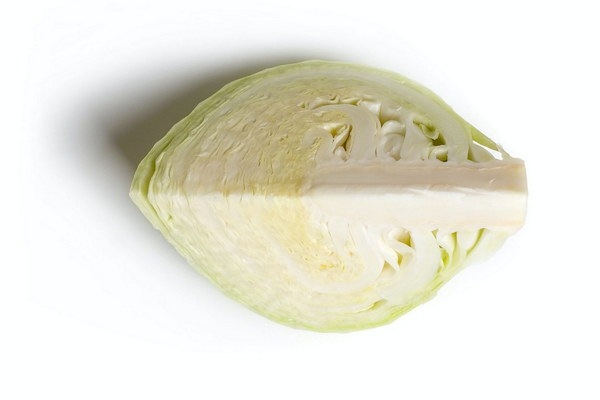Nourishing Your Babys Spleen and Stomach The Benefits of Pork Soup in Babys Complementary Feeding
Introduction:
As parents, ensuring that our little ones receive a balanced and nutritious diet is of utmost importance. One such delicacy that has been cherished for its health benefits is pork soup, particularly when it comes to nurturing a baby's spleen and stomach. In this article, we will delve into the wonders of pork soup in a baby's complementary feeding journey, exploring its nutritional benefits, preparation methods, and the positive impact it can have on a baby's digestive health.
I. Nutritional Benefits of Pork Soup for Babies
1. Rich in Protein: Pork is an excellent source of high-quality protein, which is essential for the growth and development of a baby's muscles, bones, and tissues.
2. Essential Amino Acids: Pork contains all the essential amino acids required for a baby's growth, making it a complete protein source.
3. Iron: Pork soup is rich in iron, which is vital for the production of hemoglobin and the prevention of anemia in babies.
4. Vitamins and Minerals: Pork soup is a good source of vitamins such as B1, B6, and B12, as well as minerals like zinc and selenium, all of which contribute to a baby's overall health.
5. Easy on the Stomach: The gentle texture and mild flavor of pork soup make it easier for babies to digest compared to other meats.
II. How Pork Soup Benefits a Baby's Spleen and Stomach
1. Strengthening the Spleen: The spleen plays a crucial role in the immune system and the digestion process. Pork soup, with its nutrients, helps to strengthen the spleen, thereby enhancing the baby's immune response and digestion.
2. Promoting Digestive Health: The high-protein content in pork soup aids in the production of digestive enzymes, which can improve a baby's digestion and prevent issues like constipation or diarrhea.
3. Balancing the Body: Pork soup has properties that can help balance the body's yin and yang, contributing to a healthy and balanced spleen and stomach function.
III. Preparation Methods for Pork Soup in Baby's Complementary Feeding

1. Choose the Right Pork: Opt for tender cuts of pork, such as tenderloin or pork loin, which are easier to digest.
2. Skinless and Boneless: Ensure the pork is skinless and boneless to avoid any potential choking hazards and to make it more palatable for babies.
3. Gentle Cooking: Cook the pork soup on a low heat to preserve its nutrients. Avoid overcooking, as this can make the soup too rich and difficult for babies to digest.
4. Seasonings: Use mild and natural seasonings, such as a pinch of salt or a touch of ginger, to enhance the flavor without overwhelming the baby's taste buds.
5. Blending: Once the pork is cooked and tender, blend the soup to a smooth consistency to suit the baby's dietary requirements.
Conclusion:
Pork soup is a wonderful addition to a baby's complementary feeding regimen, offering numerous health benefits that can support a baby's growth and development. By incorporating this nutritious dish into your baby's diet, you can help strengthen their spleen and stomach, promote digestive health, and provide them with the essential nutrients they need to thrive. Remember to prepare the soup with care, ensuring it is gentle on the baby's delicate digestive system. With the right approach, pork soup can be a delicious and healthful staple in your baby's diet.









